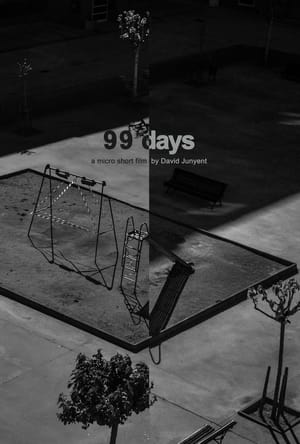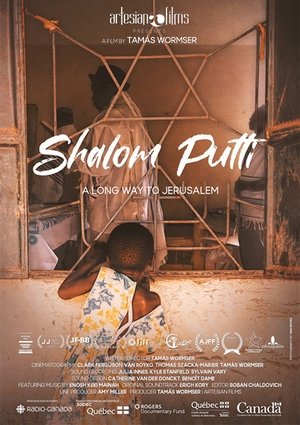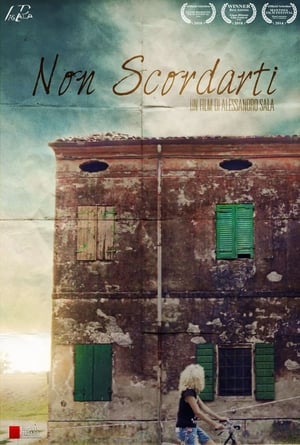
Wrestling Jerusalem(2016)
In a land divided, hope begins in the heart.
Writer-actor Aaron Davidman embodies seventeen different characters in and around the sacred city of Jerusalem as he takes us on an eye-opening journey into the heart of the Israeli-Palestinian story. Exploring universal questions of identity and human connection, the film is about one man's effort to embrace a multiplicity of conflicting viewpoints, chronicling a brave exploration of the complex humanity at the heart of one of the world's most troubling conflicts.
Movie: Wrestling Jerusalem
Top 1 Billed Cast

Wrestling Jerusalem
HomePage
Overview
Writer-actor Aaron Davidman embodies seventeen different characters in and around the sacred city of Jerusalem as he takes us on an eye-opening journey into the heart of the Israeli-Palestinian story. Exploring universal questions of identity and human connection, the film is about one man's effort to embrace a multiplicity of conflicting viewpoints, chronicling a brave exploration of the complex humanity at the heart of one of the world's most troubling conflicts.
Release Date
2016-04-25
Average
0
Rating:
0.0 startsTagline
In a land divided, hope begins in the heart.
Genres
Languages:
EnglishKeywords
Similar Movies
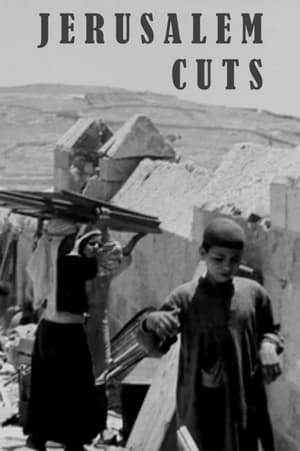 8.0
8.0Jerusalem Cuts(en)
One war, ten days, three stories: the Old City of Jerusalem, at the dawn of a new Middle East. For the Brits, it’s the shameful end of 30 years Mandate. For the Jews, it’s the birthday of their State. And for the Palestinians, it’s a catastrophe. Only now, 60 years later, images can be shown from three opposing points of view, telling a whole new story.
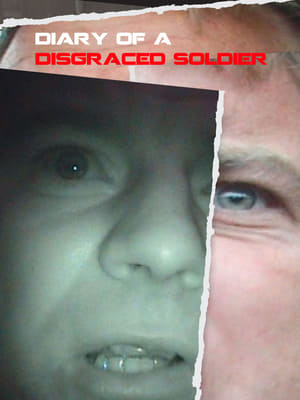 10.0
10.0Diary Of A Disgraced Soldier(en)
In Iraq 2003 Corporal Martin Webster filmed fellow soldiers beating Iraqi youths during rioting in Al Amara. Two years later, a British newspaper obtained his footage. The story that ran led to outrage across the world.
 0.0
0.0A State of Rage(en)
In the West Bank, children grow up amidst a harsh and unforgiving reality. Daily life for Palestinians in Jenin Refugee Camp is shaped by the Israeli occupation, and the violence and oppression that comes with it. On the hills near Nablus, a Jewish settler family navigate the personal sacrifices and grief that come with their decision to live in an illegal settlement. They are resolute in their belief to remove Palestinians and settle the land. Children and their parents from both these areas search for their place in a world defined by violence and polarization.
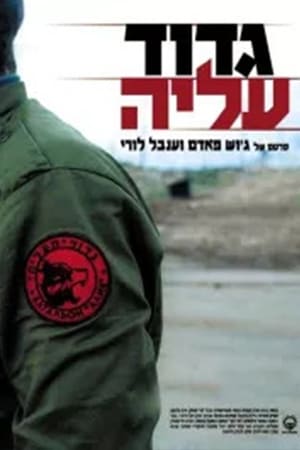 0.0
0.0Gdud A'liyah(he)
The long lasting Palestinian-Israeli conflict has created appaling phenomenons that have horrified the Israeli society. the "politically conscience-refusals" or those individual soldiers refusing to fight in the occupied territories, are one of those phenomenons. In opposition to them stand a thousand immigrants from the former Soviet Union, ex-military men from the Red Army, who yearn to be recruited into the IDF and fight for Israel, but who are denied the right to serve in the army. Through the stories of Oleg and Alex, immigrants and the battalion's charismatic commanders, the story of the Russkii Battalion is told. It is a story of contrasts between the hardships of the daily struggles they face as new immigrants against the pride and the sense of belonging they find in the battalion. The Russkii Battalion is a film about a militaristic social bubble, in a country that is in constant war.
Village People Radio Show(ms)
A portrait of village life in South Thailand, home of retired Malay-Muslim members of the communist party of neighboring Malaysia. Recollections of the decades-long guerrilla war are interspersed with a Thai radio soap opera.
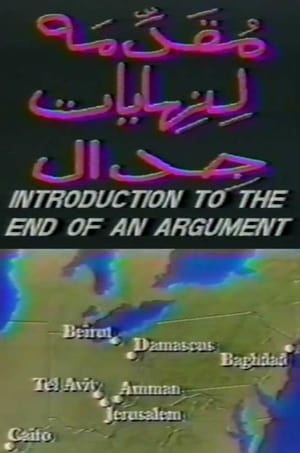 7.2
7.2Introduction to the End of an Argument(ar)
This highly kinetic tableaux of uprooted sights and sounds works most earnestly to expose the racial biases concealed in familiar images. Relying on valuable snippets from feature films such as "Exodus", "Lawrence of Arabia", "Black Sunday", "Little Drummer Girl", and network news shows, the filmmakers have constructed an oddly wry narrative, mimicking the history of Mid East politics.
Leopard Skin(fr)
Some 40 years after setting foot in Israel for the first time, journalist Pierre Nadeau felt the desire to return there to take stock of the Israeli-Palestinian conflict.
 6.4
6.4Here and Elsewhere(fr)
Here and Elsewhere takes its name from the contrasting footage it shows of the fedayeen and of a French family watching television at home. Originally shot by the Dziga Vertov Group as a film on Palestinian freedom fighters, Godard later reworked the material alongside Anne-Marie Miéville.
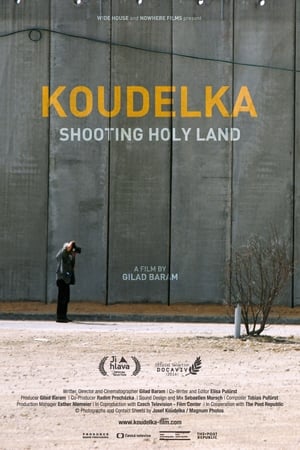 6.4
6.4Koudelka Shooting Holy Land(cs)
Czech Photographer Josef Koudelka grew up behind the Iron Curtain and always wanted to know "what was on the other side". Forty years after capturing the iconic images of the Soviet invasion of Prague in 1968, the legendary Magnum photographer arrives in Israel and Palestine. On first seeing the nine-meter-high wall built by Israel in the West Bank, Koudelka is deeply shaken and embarks on a four-year project in the region which will confront him once again with the harsh reality of violence and conflict. Director Gilad Baram, Koudelka's assistant at the time, follows him on his journey through the Holy Land from one enigmatic and visually spectacular location to another.
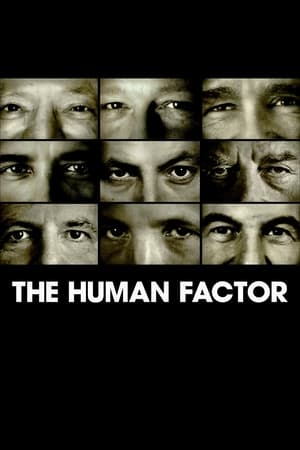 7.0
7.0The Human Factor(en)
How US politicians and diplomats, over the past 25 years, have come close to achieving something almost impossible: securing peace between the State of Israel and its Arab and like-minded neighbors, mired in a struggle both dialectical and violent since the early 20th century, due to historical and religious reasons, entrenched offenses and prejudices, and the invisible and tyrannical hand of third countries' geopolitical interests in the area.
 8.6
8.6Israel and Gaza: Into the Abyss(en)
This deeply affecting documentary follows a small number of Israelis and Gazans through the most dramatic and tragic year of their lives. Using personal and previously unseen footage, it tells the story of the war in Gaza and the October 7 attacks through deeply emotional stories from both sides of the conflict. In Gaza, the film follows three individuals from reaction to the October 7th attacks to the start of the bombing by the Israeli military and to the loss of family members that all three suffer. In Israel, we witness footage of the Israeli characters, as they and their family members are attacked by Hamas on October 7th and then follow their stories through the year.
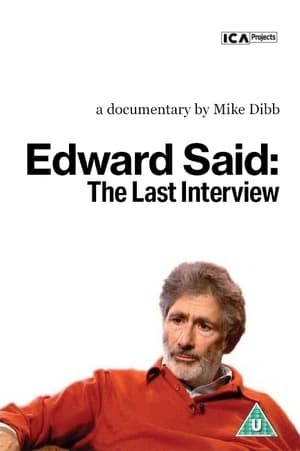 7.0
7.0Edward Said: The Last Interview(en)
Prominent Columbia University English and Comparative Literature professor Edward Said was well known in the United States for his tireless efforts to convey the plight of the Palestinian people, and in this film shot less than a year before his death resulting from incurable leukemia, the author of such books as {-Orientalism}, {-Culture and Imperialism}, and {-Power, Politics, and Culture} discusses with filmmakers his illness, his life, his education, and the continuing turmoil in Palestine. Diagnosed with the disease in 1991, Said struggled with his leukemia throughout the 1990s before refraining from interviews due to his increasingly fragile physical state. This interview was the one sole exception to his staunch "no interview" policy, and provides fascinating insight into the mind of the man who became Western society's most prominent spokesman for the Palestinian cause.
 10.0
10.0Bil'in Habibti(en)
The Israeli filmmaker Shai Corneli Polak records the building of the 'security wall' through Palestinian territory at the village of Bil'in. The villagers protest mostly peacefully, while the Israeli army doesn't react peacefully. By now the Israeli High Court has ruled that the building of the wall was illegal.
On Borders(fr)
In this documentary road movie, filmmaker Danielle Arbid tries to conjure up an image of the country that is called Israel or Palestine.
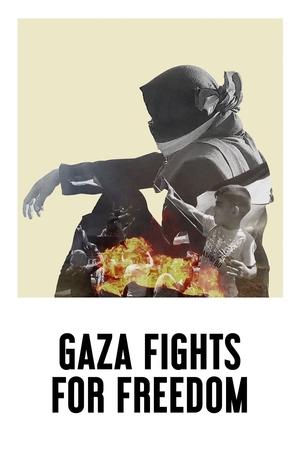 7.7
7.7Gaza Fights for Freedom(en)
Gaza Fights for Freedom depicts the ongoing Great March of Return protests in the Gaza Strip, occupied Palestine, that began in 2018.
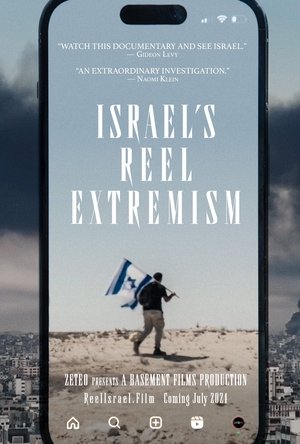 0.0
0.0Israel's Reel Extremism(en)
An examination of Israel and its society after many months of war, seen initially through the prism of viral social media posts - and exclusive interviews with the soldiers behind them. These posts, some shared millions of times, show soldiers humiliating bound Palestinians, ransacking their homes, joking as they detonate schools and whole districts, and laughing as they launch high explosive ordnance into densely-packed areas. The award-winning team behind this Basement Films production traveled to Israel to interview some of these soldiers, who proudly defended themselves and their videos, some expressing callous disregard for Palestinians in Gaza. Through additional interviews with Israeli radical groups, politicians, and media figures, the film reveals Israeli Jewish society in the aftermath of October 7th, gripped by a vengeance and hate that puts into question any possibility for peace.
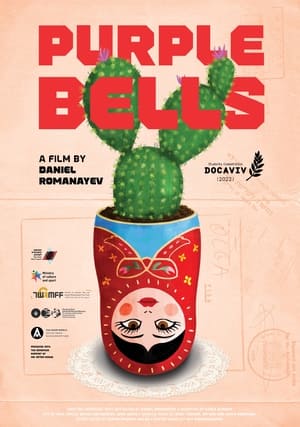 10.0
10.0Purple Bells(he)
30 years after their emigration, Danni interviews his family and tries to learn their story to reconcile with the past.
